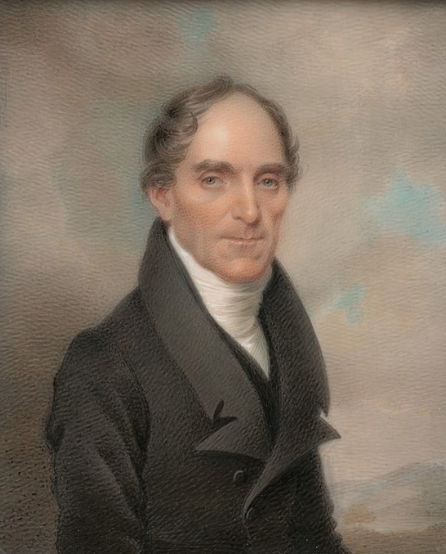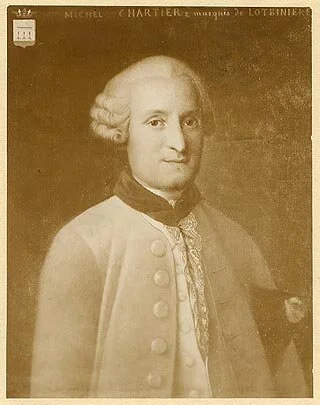The Marquis de Lafayette - The French American Revolutionary
Although there are a number of Frenchmen who served in the American Revolution, none can claim to have had the same impact as the Marquis de Lafayette. He is another founder whose accomplishments I have had trouble consolidating into one article.
Departure
April 1777.
France.
A wealthy orphan disobeyed a direct order from his King. He dressed in drag, moved at night, left his young wife behind and boarded a ship he paid for himself.
The Marquis de Lafayette set sail for America.
Washington
When Lafayette reached Philadelphia, the Continental Congress was hesitant to give another Frenchman a command. However, after he offered to serve without pay, Congress commissioned Lafayette a Major General.
Shortly thereafter the Marquis met George Washington. The two men would quickly take to each other. The childless Washington would end up looking at Lafayette as a son. The orphaned young man would likewise look to his General as a father figure.
At War
The first time Lafayette saw action, in the Battle of Brandywine, he was shot in the leg. After a brief recuperation, he was sent to Albany to plan an invasion of Quebec. Lafayette quickly realized this was not feasible, but before his return to Valley Forge, he helped bring the Oneida Nation to the American Cause.
When the French decided to support the United States in the Revolutionary War, Lafayette played a large role in helping them get acclimated to working with the Continental Army.
Other than a brief return to France (where he would have a son, George Washington Lafayette), the Marquise would serve valiantly for America in most major battles of the war. His role in the Victory at Yorktown was substantial.
Another Revolution
After the war, Lafayette returned to France a hero.
Over the next few years, due largely to money lent to the United States during the Revolution, France suffered severe financial troubles. Eventually, this led to the French Revolution.
Lafayette was a major player in that Revolution also.
He was the primary author of the Declaration of the Rights of Man and the Citizen, on which he received substantial help from Thomas Jefferson who was serving as the Minister to France at the time.
Lafayette often played middle-man between opposing factions, trying to be a calming presence. This led to him being chased out of France for not being radical enough. He ended up being a prisoner in Belgium for over five years.
When Napoleon organized his release, Lafayette retired from politics.
Grand Tour
In 1824, Lafayette returned to America. During his ‘Grand Tour,’ as it came to be known, Lafayette visited all 24 States then a part of the nation.
He arrived to a hero’s welcome. During his travels, people lined the streets to see the famous general. Monuments where dedicated to him and dinners given in his honor.
During his trip, Lafayette reconnected with friends he hadn’t seen in over thirty years. Jefferson, Madison, Monroe, John and John Quincy Adams. He even dined with future president Andrew Jackson.
When he left, he took with him dirt from Bunker Hill. When he passed away a decade later, the Marquis de Lafayette had the dirt placed on his grave, so that he could be buried under both French and American Soil.
In my personal opinion, Lafayette's Grand Tour signals the end of the American Revolution. The War of 1812 was over, the nation had entered 'The Era of Good Feeling,' and the second generation of leaders were beginning to take charge. His Tour was a celebration of the Founding Generation and the knowledge that America had established itself as a country.
Check out one of these books about Lafayette. 'Adopted Son' is absolutely fantastic. We are affiliated with Amazon because they are a trusted online seller.







